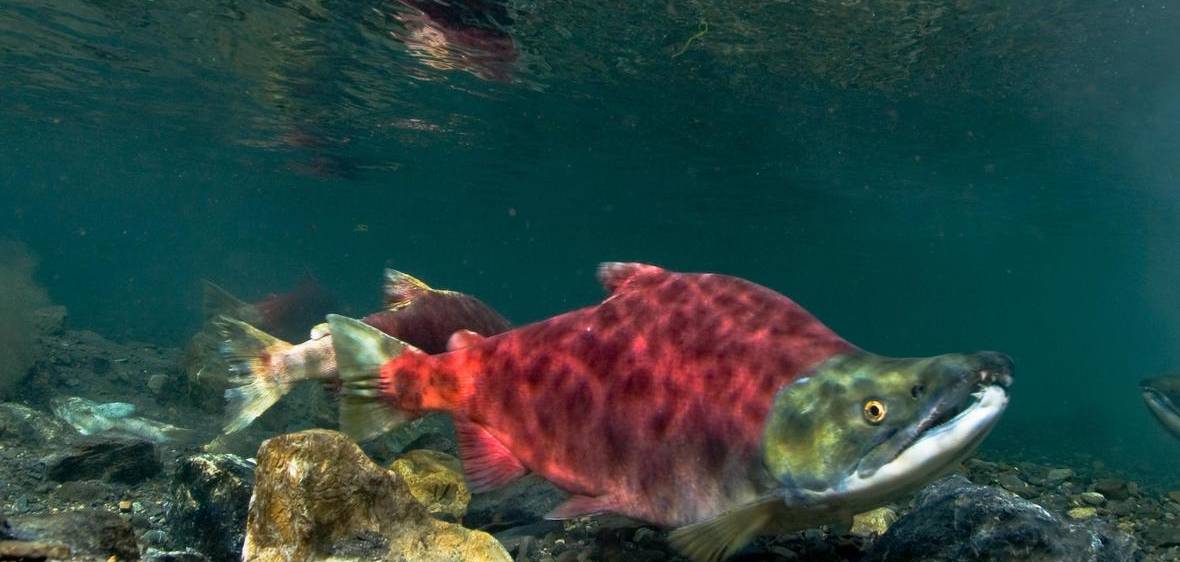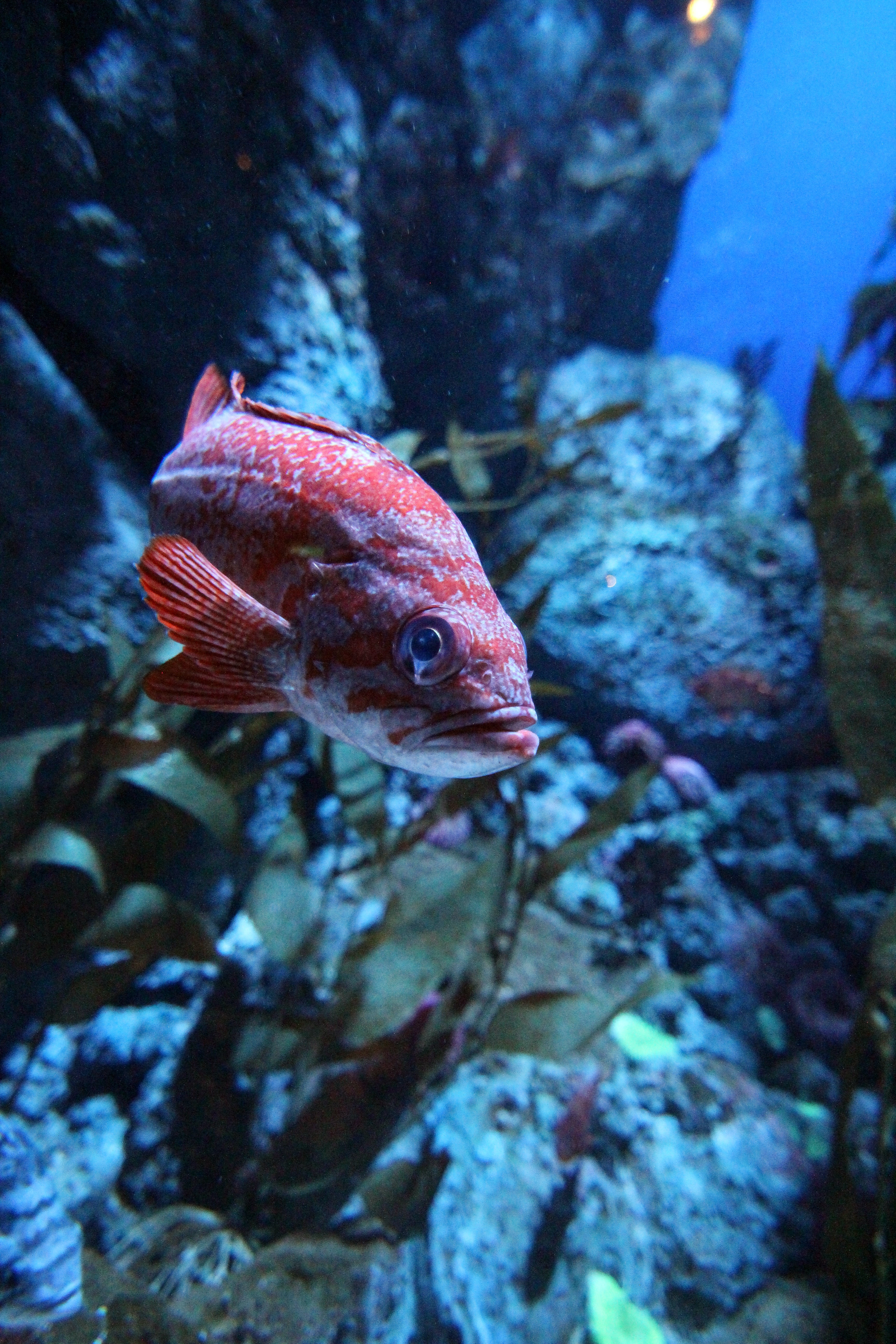
CONTACT: Christine Xu, +34.657.070.618, christine@ali.fish
Consumers are a Key Player in Protecting the Oceans and Aquatic Animals
Consumers are critical to the global movement in improving aquatic animal welfare and preserving healthy marine ecosystems. Over 20 ocean conservation and animal welfare organizations jointly sign an open letter urging for consumer activism.
(July 7, 2021) -- Aquatic animals are essential to keeping our marine ecosystems healthy, and are under enormous threats from human activities, such as intensive fish farming and industrial-scale fishing. Moreover, aquatic animals, who are sentient beings and can feel pain and suffer, are rarely protected by animal welfare laws. To preserve aquatic animals and marine ecosystems, over 20 organizations have signed an open letter urging consumers to play a more active role.
Annually, around 100 billion aquatic animals are farmed with a further 2-3 trillion caught in the wild to satiate our growing demand for seafood. In wild fisheries, 93.8% are being fished either at or over the absolute maximum sustainable limit to prevent their populations from crashing. Meanwhile, farmed fisheries still heavily rely on wild fish, as roughly ⅓ to ½ of all wild-caught fish are used as feed for aquaculture. To advocate for these voiceless animals, the Aquatic Life Institute founded multi-stakeholder coalitions, including the Aquatic Animal Alliance (AAA) and the Coalition for Aquatic Conservation (CAC), to speak on their behalf. Alongside our ongoing campaign of advocating for high welfare standards from product certification schemes, we are asking for consumers to be an active contributor to the movement and present the ways in which they can support aquatic animals and our oceans in our joint statement.
“While our alliances are working with certification schemes to improve, consumers can undertake simple actions to support these efforts and increase public pressure for higher protections for aquatic animals. As consumer awareness grows about the suffering of farmed fish and the decline of wild fish populations, we are confident that more certifiers will work with us to build a truly humane and sustainable food production system,” states Catalina Lopez Salazar, Director of the AAA.
Currently, 70% of adults surveyed in Europe are under the false impression that seafood sustainability labels, by default, include the humane treatment of aquatic animals. This is why we are working with seafood certification schemes from around the world to ensure that the individuals farmed under those regulations are protected by science-backed welfare standards. To date, three certifiers have responded positively to our joint public comments. But more needs to be done, and fast.
“Consumers have both a choice and immense purchasing power at their disposal to help save our oceans. This includes reducing or eliminating their consumption of aquatic animals, changing the type of aquatic animals they consume, and demanding higher standards from certifiers. In the near future, having more certifiers with high and consistent welfare standards is a win-win for marine ecosystems and aquatic animal welfare alike,” states Christine Xu, Director of the CAC.
Signatories:
Aquatic Life Institute
A Plastic Ocean Foundation
Advocating Wild
Animal Nepal
Alianima
Asociación para el rescate y bienestar de los animales
Catholic Concern for Animals
Change For Animals Foundation
Compassion in World Farming
Conservative Animal Welfare
Equalia
Essere Animali
Fish Welfare Initiative
Fundación Vegetarianos Hoy
Humane Society International
Mercy for Animals
Montreal SPCA
Nurture Imvelo
OceanHero.today
Protección Animal Ecuador
Sibanye Trust
Sinergia Animal
The Humane League


Posted on 2021-07-08 16:14








Comments